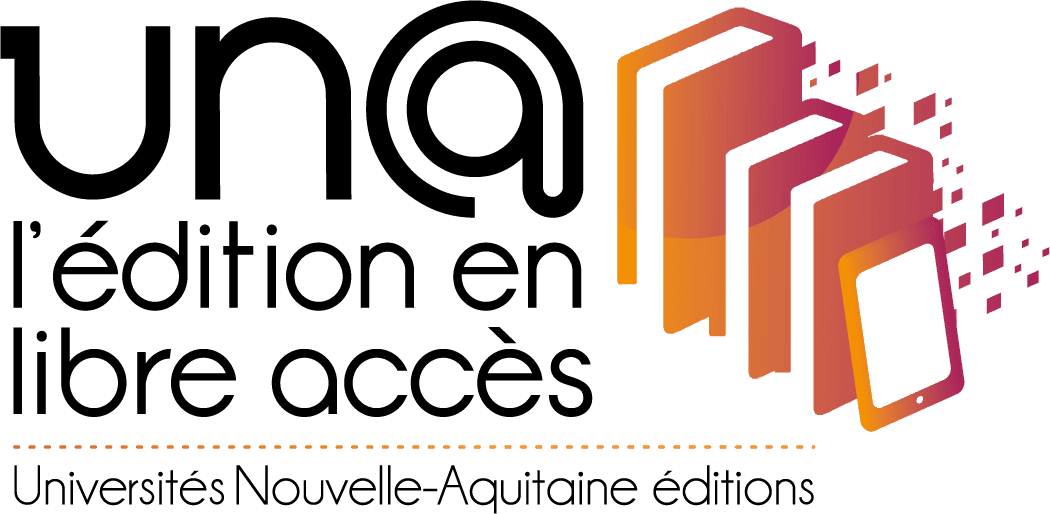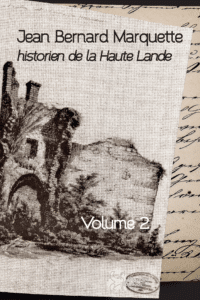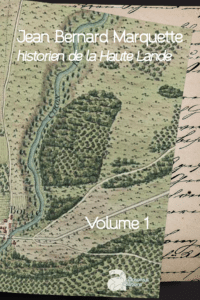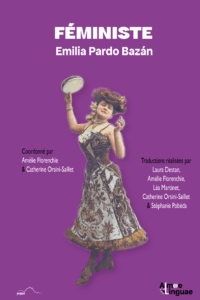UN@ est une plateforme d'édition de livres numériques pour les presses universitaires de Nouvelle-Aquitaine
Type de document : Chapitre de livre
Cudos
Sites et édifices conservés :
1. Église – avec transformation – et cimetière Saint Jean de Cudos. Cf. J. B. Marquette, Notices, dans Léo Drouyn et le Bazadais méridional, 2000, p. 116-117 ; 2. Église et cimetière Saint Laurent d’Artigueville.
Les cartulaires des communautés ecclésiastiques constituent une source privilégiée pour tous ceux qui s’intéressent à la géographie historique ou à l’histoire de l’occupation du sol et du peuplement.
Les historiens de la Gascogne qui se penchent sur la période qui va du royaume wisigoth, au début du Ve siècle, à la renaissance politique et religieuse de la seconde moitié du Xe siècle sont confrontés à un grave problème, celui des sources.
Situation
a. Carte 1.25000e, Bazas, 1639 Ouest ; Ax : 396,5 Ay : 241,250 ; Bx : 396,625 ; By : 241,450.
b. Cartes anciennes : Atlas des routes de France réalisé sur ordre de Trudaine. Seconde moitié du XVIIIe siècle (Archives nationales, F/14 bis 8458, planche 30)…
Depuis bientôt un demi-siècle les sauvetés ont retenu l’attention des historiens de la Gascogne et du Midi toulousain : de l’étude de Paul Ourliac consacrée aux sauvetés du Comminges à celle de Gérard Pradalié sur les sauvetés castrales, en passant par les recherches de Charles Higounet sur les sauvetés de Moissac, celles du Bordelais ou les chemins de Saint-Jacques et les sauvetés de Gascogne.
Tout au long du Moyen Âge, Bayonne s’est efforcé de substituer sa juridiction à celle du roi-duc sur les terres landaises de la rive droite de l’Adour. Cela n’a pas de quoi surprendre, car, depuis Hourgave ou bec de Gave jusqu’à son embouchure au Boucau de la Punte ou celui du Plecq, le fleuve constitue déjà pour la ville l’axe vital qu’il n’a jamais cessé d’être.
Les pays de Gosse, de Seignanx et de Labenne correspondent à la pointe méridionale des pays landais : ils sont limités à l’est et au sud par l’Adour.
L’histoire de la Haute-Lande au cours de l’époque médiévale a, jusqu’à ce jour, bien peu retenu l’attention des historiens. La bibliographie de la question est d’ailleurs tellement mince que le chercheur hésite sur les priorités qu’il convient d’assurer afin de donner aux travaux ultérieurs les meilleures chances d’être conduits avec efficacité.
Par son ancienneté et sa permanence le patronage de Notre-Dame est, avec ceux de saint Pierre et de saint Martin, celui qui pose le plus de problèmes à l’historien du peuplement.
Telle qu’elle apparaît au milieu du XIVe siècle la société du Bordelais n’était guère différente à cette époque de celle de la plupart des autres parties du royaume.
Parmi les pays qui, du bassin d’Arcachon à l’embouchure actuelle de l’Adour, frangent le littoral landais, le Born a occupé tout au long du Moyen Âge et jusqu’à la fin de l’époque moderne une place originale.




